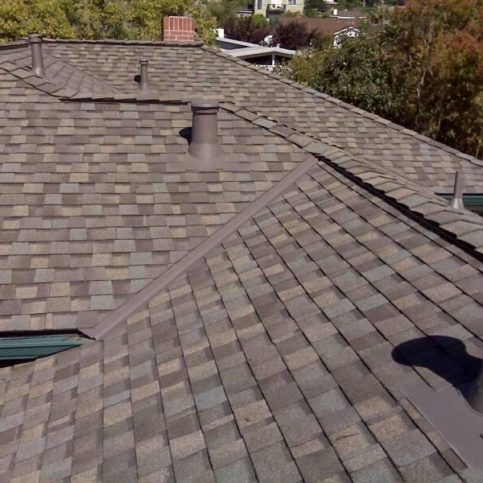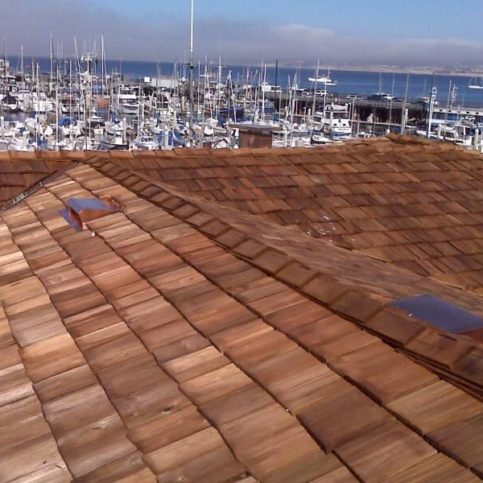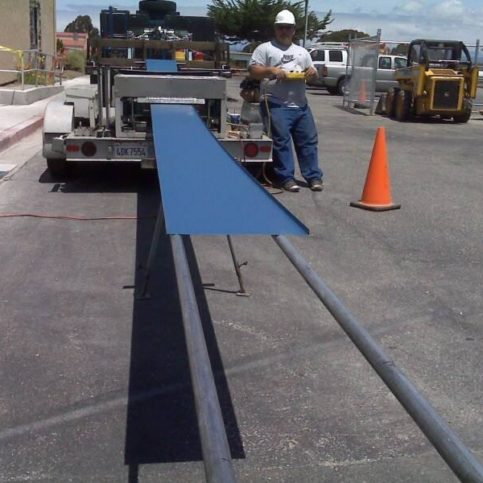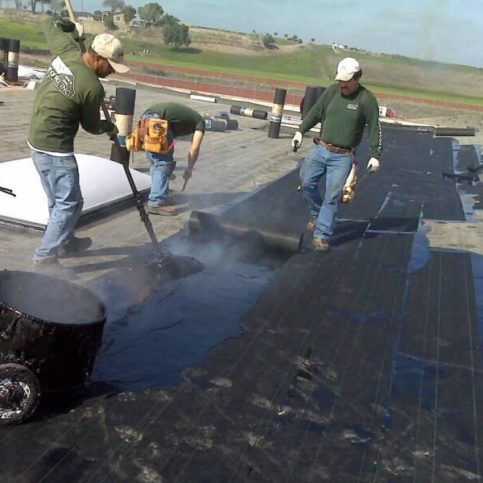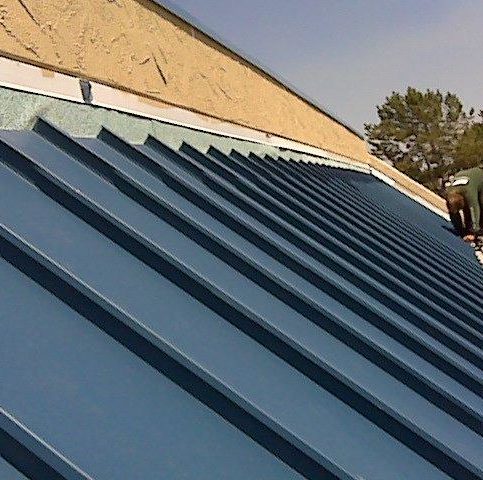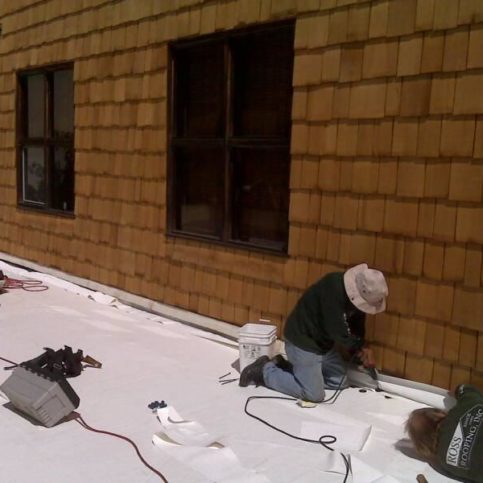Q: My roof leaks. Do I need to have it totally replaced?
A: To decide, you’ll need to first determine the source of the leak, which usually requires a professional roofing contractor. Too many homeowners try to save money by attempting to fix the leak themselves and, as a result, never address its source. They’re more likely to end up with costly dry rot repairs as the roof deck warps, cracks and rots from excessive moisture that never dries out properly. Ironically, these do-it-yourselfers are more likely to end up replacing the entire roof sooner than necessary.A good guideline: When a repair begins to approach 20 percent of the cost of a complete re-roof, consider re-roofing. Incidentally, the best way to avoid roof replacement is to prevent serious damage in the first place. Have your roof regularly inspected twice each year.
Q: Does it take a long time to replace a roof?
A: The best way to know is to ask the roofing contractor when they give you an estimate. But estimates usually aren’t written in stone—unforeseen problems like dry rot or inferior roof deck sheathing may delay the project. Obviously, bad weather is a factor that can interfere with work, so it’s always advisable to be flexible in your expectations and plan for roof replacement when the weather is more favorable. Most small to midsize roof jobs need three to five days of good weather to successfully complete.
Q: Do I need to be home during my roof estimate?
A: Yes. For one, it’s best to interview roofers face to face. Ask for letters of reference, proof of insurance (liability and workers’ compensation) and photos of previous work. Ask how they plan to ensure a professional, high quality, no-hassle installation or repair. The more professional roofing companies will have an organized presentation that lasts anywhere from 15 minutes to two hours, depending on the client’s questions.We don’t expect you’ll feel comfortable choosing Ross Roofing until you’ve heard our rich history of roofing success. We’ll also give you detailed breakdowns, explanations and instructions as to how we plan to succeed with your roofing needs.
Q: Do I need to be home while the work is in progress?
A: Typically not. Any work on your roof is bound to be noisy, so you may prefer to leave your home and return when the work is complete.
Q: Is it expensive to replace a roof?
A: There’s no single answer. Each roof is different in terms of pitch, hips, gables, undershots, drainage, flashing, etc. Even one of these factors could affect the price of a roof by thousands of dollars. Savvy roof buyers create a bid specification sheet that explicitly outlines what they want and present it to each roofing contractor bidding on their project. It gives them the upper hand when assessing bids.
Q: What’s the typical lifespan of my roof system?
A: There are roofing systems made from wood, metal, clay, slate, concrete, cementious fiber, asphalt, plastic and modified materials. Each system has unique properties that assist in longer lifespans. A good way to determine how long you can expect your roof to last is to check with the manufacturer’s warranty. Use the warranty as a gauge and keep in mind that what the manufacturer claims for lifespan is usually meant to be interpreted under ideal installation factors. Also, a preventive roof maintenance plan that utilizes seasonal inspections can greatly enhance the lifespan of your roof.
Q: What does it mean to ventilate my roof? Is it necessary?
A: Because your roof protects you from moisture and heat, ventilation seems odd, but it’s among the more important aspects of roof performance. A great deal of moisture accumulates in a home; it works its way to the top of your attic space which, in the summer, becomes very hot and humid. Mold spores thrive in this environment, causing shingles to become warped or loose and slip off. You may see warping or buckling of the wood underneath the roof. This can lead to serious structural damage and, ultimately, even collapse. Proper and well-planned attic ventilation lets moisture escape. It also helps balance out the moisture that accumulates on the roof.
Q: I don’t like the idea of strange people on my roof. Can I trust your roofers?
A: Our guys are in uniform—they’re very presentable and professional. They know how to behave on a roof and get good results. We also do background checks on all our roofers.
Q: How can your company offer workmanship and product material warranties that cover twice the time as the competition?
A: We took the time to become certified by the manufacturers for shingle installation. Also, we install entire roof systems from a single manufacturer, so you get far more product integrity and, subsequently, we can offer a better warranty.
Read moreRead Less








